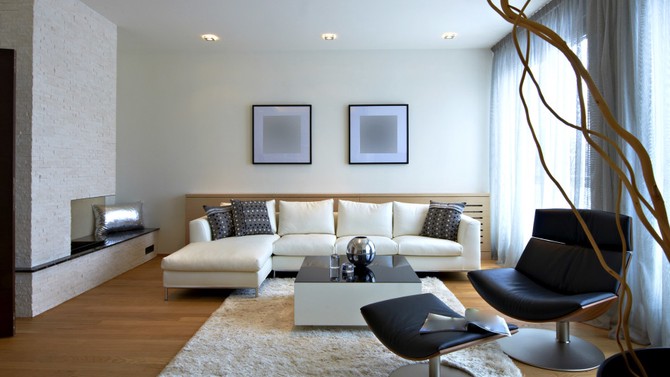6 Unexpected Ways to Recharge for the New Year
Simple, surprising strategies to be mentally and physically ready for the New Year.
By Emma Haak
Your Goal: Fewer dips in attention or alertness
Try: Replacing incandescent bulbs in living spaces with LED
Why it works: By now, the reminder that blue light before bed is no good has been drilled into your brain (mostly by us), but the very reason it's bad for sleep makes it ideal for keeping you on the ball during the day. Blue-wave light increases alertness, attention and performance, according to research in Sleep. Natural sunlight is the best source we encounter every day, explains study author Shadab Rahman, PhD, a postdoctoral research fellow in medicine, division of sleep and circadian disorders at Brigham and Women's Hospital in Boston. But if hours spent outside are few and far between for you, LED bulbs contain far more short-wavelength (or blue) light than the yellowish incandescent ones. Just turn the LEDs off at least two hours before bed to avoid sleep issues, and consider making the bedroom an LED-free zone.
Published 11/23/2015


